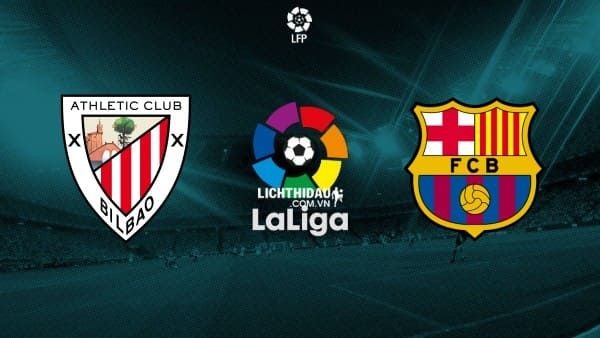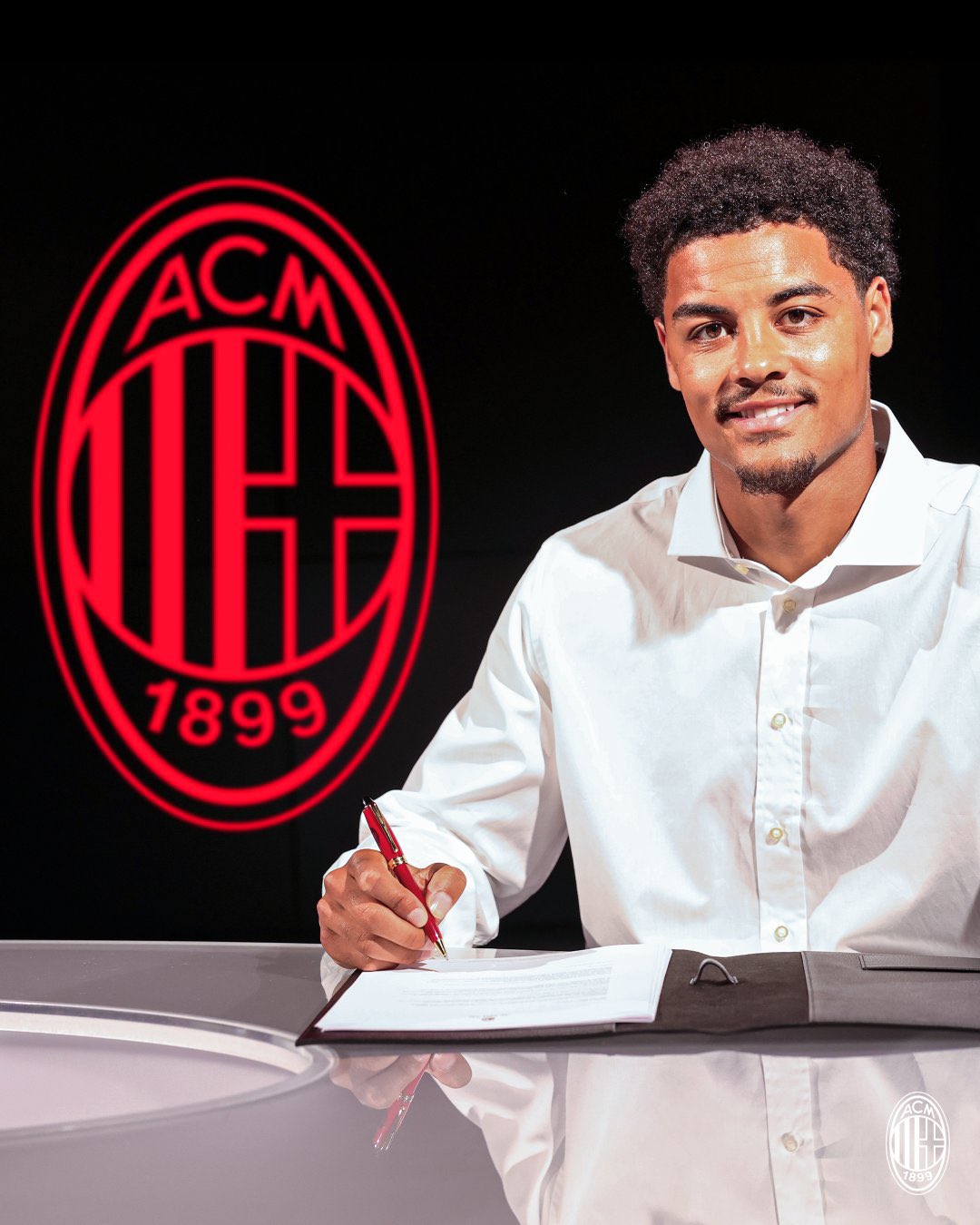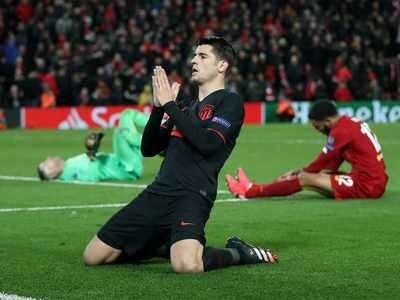
In a rare and candid admission, Manchester City manager Pep Guardiola has expressed regret over the transfer of Cole Palmer to Chelsea during the summer of 2023. Speaking in a recent interview, Guardiola opened up about the reasoning behind the move, the immense talent of Palmer, and the bittersweet reality of letting go of one of Manchester City’s most promising young stars. For a manager who has been instrumental in developing some of the world’s best players, this regret offers a glimpse into the complex and high-stakes decisions behind the scenes in elite football.
When Palmer departed Manchester City for Chelsea in a deal worth £42.5 million, it marked one of the most surprising transfers of the summer. At just 21 years old, Palmer was widely regarded as one of City’s brightest academy graduates. Having grown up in Manchester and progressed through the club’s youth system, his departure raised eyebrows among fans and pundits alike. Guardiola, known for his meticulous planning and ability to spot long-term potential, now admits that the decision to sell Palmer was driven by a combination of factors, not all of which he stands by today.
“At the time, we believed it was the right move for everyone involved,” Guardiola explained. “Cole wanted more game time, and he deserved it. At Manchester City, with the squad we have and the competition for places, I couldn’t guarantee him the minutes he was looking for. He wanted to play, to grow, and to challenge himself at the highest level. Chelsea provided him with that opportunity. But now, looking back, I really regret it.”
Guardiola’s regret stems largely from seeing Palmer thrive at Chelsea, where he has quickly established himself as a key player. Since joining the London club, Palmer has showcased his exceptional talent, becoming a regular starter and contributing with goals, assists, and standout performances. His ability to dictate play, score crucial goals, and create opportunities for his teammates has made him one of the most exciting young players in the Premier League.
“I always knew Cole was special,” Guardiola continued. “His technical ability, his intelligence on the pitch, and his work ethic were remarkable even as a young player. What he’s doing at Chelsea doesn’t surprise me at all. He has the potential to become one of the best players in the world, and I wish we could have kept him here at City.”
Despite the regret, Guardiola was quick to defend the logic behind the decision at the time. With City’s star-studded squad and fierce competition for places, opportunities for young players to break through can be limited. The arrival of players like Erling Haaland, Jack Grealish, and Bernardo Silva solidified City’s attacking options, leaving little room for academy talents like Palmer to gain regular playing time. For Guardiola, the challenge was balancing the club’s immediate ambitions with the development of young talent—a dilemma faced by many top clubs.
“We are competing for trophies every season, and that means we need depth and experience in the squad,” Guardiola said. “Sometimes, it’s difficult to give young players the minutes they need to develop. That’s why, when the offer from Chelsea came, we thought it might be the best solution for Cole. But now I see how much he’s grown, and I wonder if we should have found a way to keep him.”
Palmer’s departure has also sparked broader discussions about Manchester City’s academy system and the challenges of integrating young players into a team filled with world-class talent. While City has produced several successful academy graduates, such as Phil Foden, Palmer’s move highlights the difficulty of providing consistent opportunities for emerging stars in a squad built to compete on multiple fronts.
Guardiola’s reflections on the transfer are likely to resonate with City fans, many of whom have voiced their disappointment at losing Palmer. For Chelsea, however, the deal has been a resounding success. Palmer’s performances have not only justified the hefty price tag but also positioned him as a cornerstone of Chelsea’s future.
As Guardiola concluded the interview, he didn’t shy away from acknowledging the emotional toll of seeing a player he nurtured succeed elsewhere. “It’s never easy to let go of a player you believe in, especially someone like Cole, who has been with us since he was a boy. I’m happy for him, truly. But yes, I regret it. Sometimes in football, you make decisions you wish you could take back. This is one of those moments.”
The transfer of Cole Palmer to Chelsea may have been a calculated decision at the time, but Guardiola’s heartfelt regret underscores the challenges and complexities of managing at the highest level. As Palmer continues to flourish at Chelsea, Guardiola’s admission adds another layer of intrigue to a move that has already reshaped the trajectory of both clubs.



